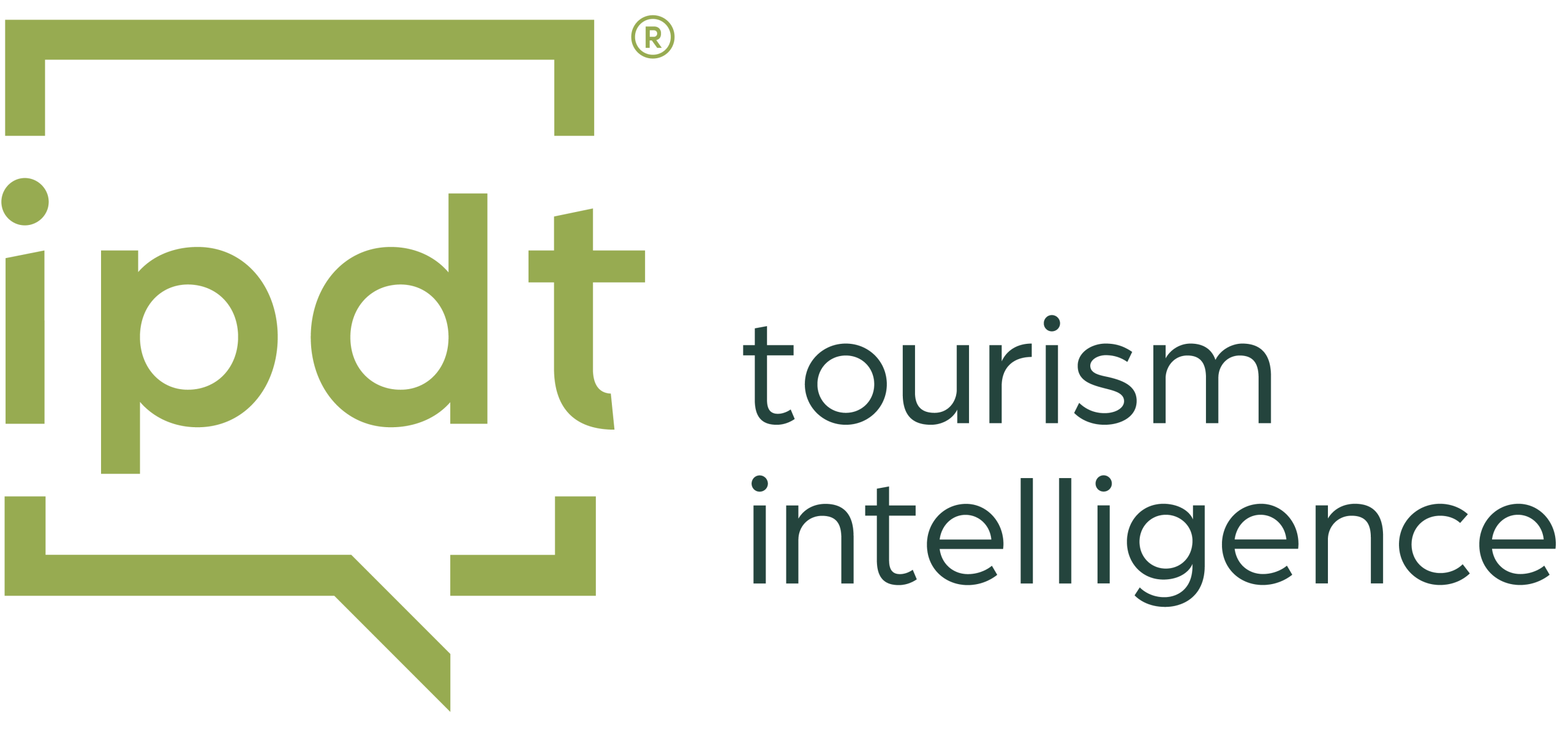IPDT Services
Assessing an event is far more than measuring participation.
It is about understanding the real impact an event generates on the territory, the local economy, and public perception. Event evaluation goes far beyond counting participants or measuring media coverage: it is about analysing, in an integrated way, the economic, social, and cultural effects of each initiative. It is about recognising how a festival, a traditional celebration, or a sporting event influences local commerce, creates jobs, attracts visitors, and strengthens community identity. IPDT applies both quantitative and qualitative methodologies to support public entities and event organisers in gathering reliable data, helping to justify investment, improve future editions, and maximise the positive impact on the region.
Why Invest in Event Evaluation?
Event evaluation is essential to transform lived experiences into a measurable asset — a valuable resource for communicating results, planning future editions, and attracting investment. With a comprehensive approach, we assess the impact across multiple dimensions: economic, social, cultural, and audience perception.
Economic Impact
A fundamental part of event evaluation is economic assessment, which helps to understand the returns an event generates for the region. We analyse visitors’ direct spending — in areas such as accommodation, restaurants, retail, and transport — as well as the revenues generated by the organisers. This information makes it possible to calculate the real economic impact on organisers, residents, local businesses, and sponsors. The data collected also supports the justification of public or private investment, providing a solid foundation for strategic decisions and future editions.
Social and Behavioural Impact
The social and behavioural dimension of event evaluation focuses on a detailed characterisation of visitors: who they are, where they come from, how they travel, how much they spend, and the reasons behind their participation. It also includes an analysis of the lived experience and levels of satisfaction. This information is essential for effective audience segmentation, tailoring promotional actions, and enhancing event organisation in line with the actual expectations and behaviours of participants.
Media and Digital Impact
In event evaluation, media and digital analysis measures the visibility achieved across traditional channels (television, press, radio) and digital platforms (websites, social media, blogs). We assess the volume of news coverage, mentions, interactions, and views, and translate this reach into Advertising Value Equivalent (AVE). These insights provide a clear measure of the visibility generated for the event, the organising entity, and the region, offering a tangible metric of return in terms of communication and institutional image.
Gathering objective information on economic, social, and media performance is a key stage in event evaluation. It not only provides justification for the investment made, but also paves the way for future editions that are more effective, more sustainable, and more widely recognised.
How does IPDT carry out event evaluation?
01. Before the Event
Identifies segments
We begin by identifying segments and consumption profiles, analysing who is likely to attend the event, along with their motivations and expectations. We also conduct a preliminary study of intended spending and visiting habits, which allows us to anticipate behaviours and refine the communication strategy. This stage of event evaluation also includes support in negotiations with sponsors and partners, providing data that demonstrates the event’s potential value.
02. During the Event
Data collection
We carry out on-site data collection through audience questionnaires, stakeholder interviews, and direct observation. In event evaluation, this fieldwork makes it possible to capture real-time perceptions, assess the event’s organisation as it unfolds, and ensure the collection of a representative and reliable sample of attendees.
03. After the Event
Data analysis
We carry out a thorough analysis of all the information gathered. The data is processed and cross-referenced to produce a strategic report that identifies strengths, weaknesses, and areas for improvement. This report provides clear, actionable recommendations for future editions and serves as a solid foundation for decision-making, planning, and attracting sponsors.
Do you need support with event evaluation?
What Event Evaluation Services Does IPDT Offer?
Economic Impact
We conduct a detailed analysis of the revenues and expenses associated with the event, measure the return on investment (ROI), and assess its direct and indirect contribution to both the local and national economy.
Social Impact
We study the local community’s perception of the event, how it shapes the image of the territory, and its role in the social and cultural development of the region.
Media Impact
We analyse the reach of the event across both traditional and digital media, calculate the Advertising Value Equivalent (AVE), and evaluate its online presence, including social media, blogs, and news platforms.
Satisfaction Study
We measure participant satisfaction levels, assess the quality of the experience provided, and evaluate both the intention to return in future editions and the likelihood of recommending the event to others.
Visitor Profiles
We profile event attendees using socio-demographic and behavioural data, providing deeper insight into who they are, how they behave, and what motivates their participation.
Have an idea? Let’s talk.
IPDT supports municipalities and tourism businesses in planning, structuring, and growing projects that create lasting impact.
Complete the form to begin a strategic collaboration with us. Our expertise in tourism consultancy translates into solutions tailored to local realities, with a strong focus on sustainable development, territorial value, and economic growth. Together, we can turn your region’s potential into tangible results.
